there is a limited number of transactions that fit into a block
Yes, though this is a bit inaccurate. Transactions have a "weight" (roughly proportional to its number of inputs and outputs, but more complex scripts/constracts also increase the weight). Blocks have a weight limit of 4000000. That implicitly sets a bound on the number of transactions that can get into a block, but the limit is higher for simpler transactions and lower for more involved ones.
if the network requires more throughput (more bitcoin is being sent), that means more blocks will be solved in a shorter time interval
No, there is one block per 10 minutes, on average, regardless of demand for transactions.
The space in Bitcoin blocks is effectively a market, and transactions "bid" for that space through their fees. If there are more transactions being produced per unit of time than there is space for in blocks, transactions with higher fees (per weight) will tend to get chosen first. The others will have to wait, possibly indefinitely, depending on how much competing transactions are willing to pay.
that means emission of bitcoin will happen faster, disregarding the
difficultyparam
No, the difficulty is a function of the block production rate. If blocks are being produced faster than once per 10 minutes on average, the difficulty will go up. Similarly, if they are produced too slow, the difficulty will go down.
The difficulty (and block production rate) are unrelated to demand for block space.

You can get bonuses upto $100 FREE BONUS when you:
💰 Install these recommended apps:
💲 SocialGood - 100% Crypto Back on Everyday Shopping
💲 xPortal - The DeFi For The Next Billion
💲 CryptoTab Browser - Lightweight, fast, and ready to mine!
💰 Register on these recommended exchanges:
🟡 Binance🟡 Bitfinex🟡 Bitmart🟡 Bittrex🟡 Bitget
🟡 CoinEx🟡 Crypto.com🟡 Gate.io🟡 Huobi🟡 Kucoin.

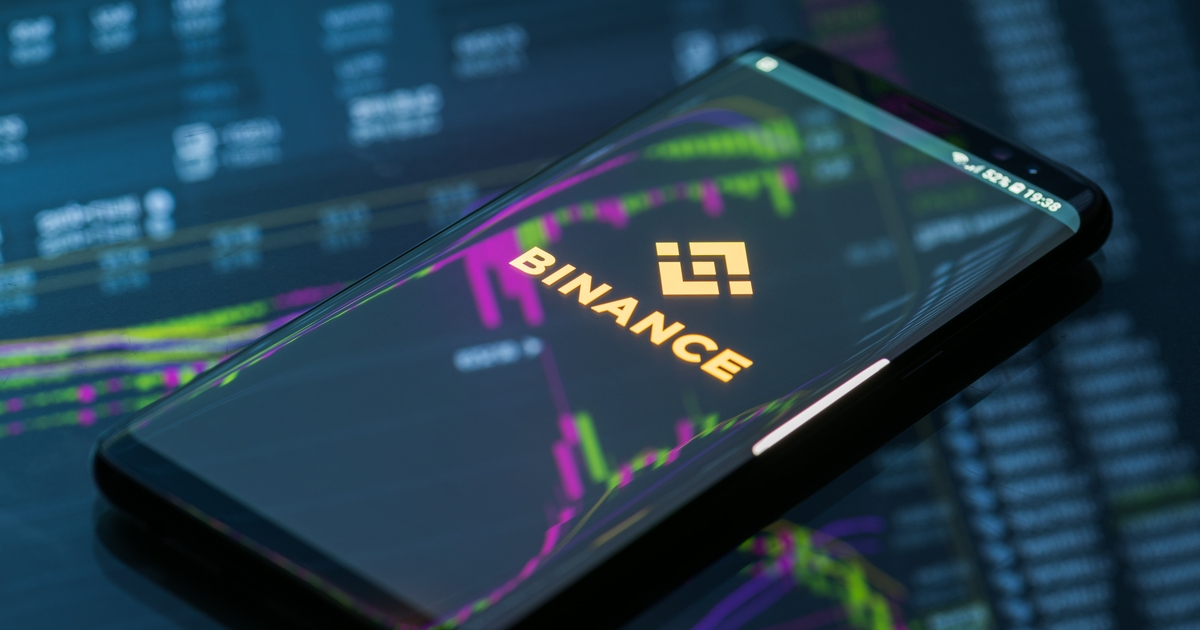



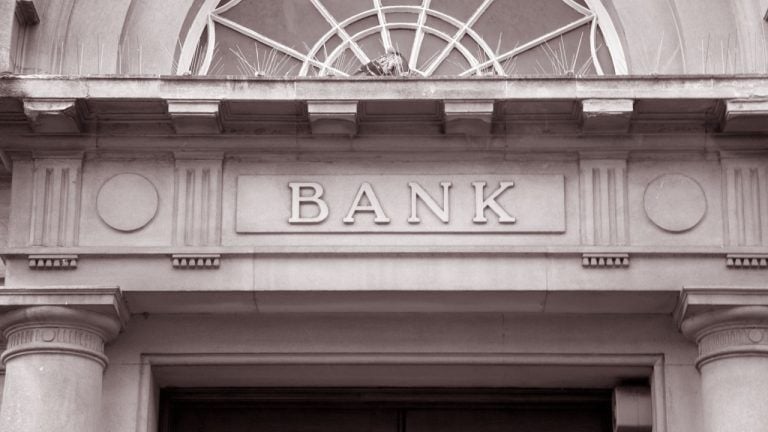


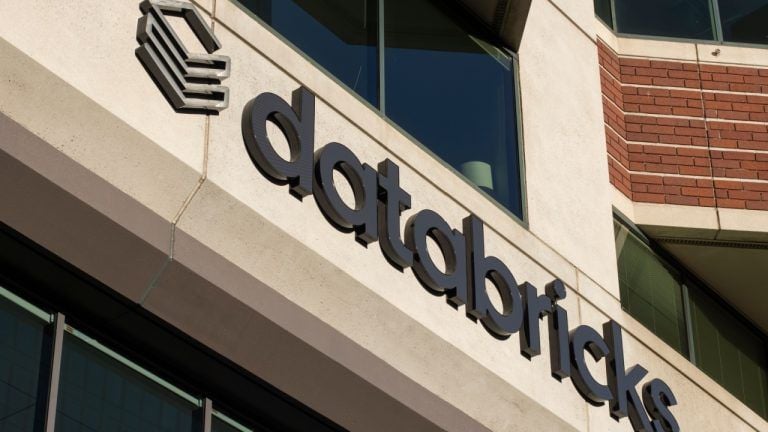

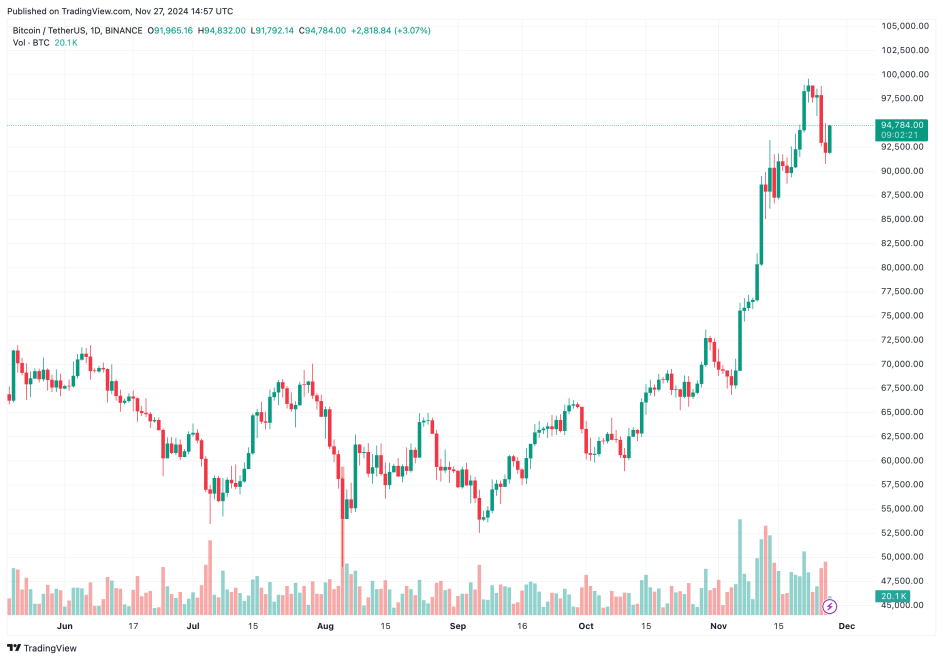
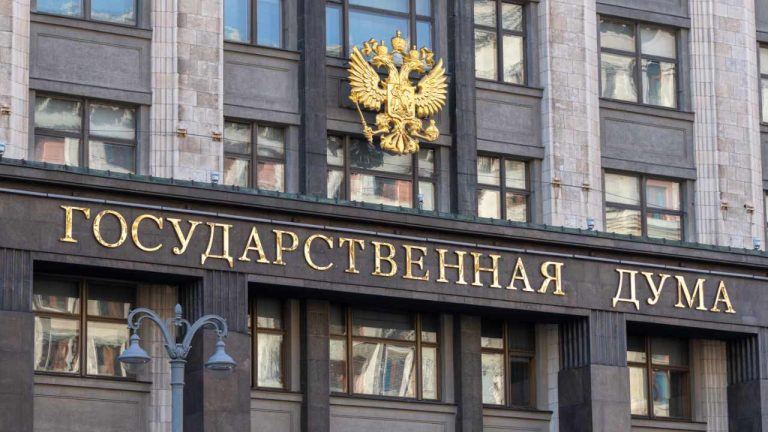



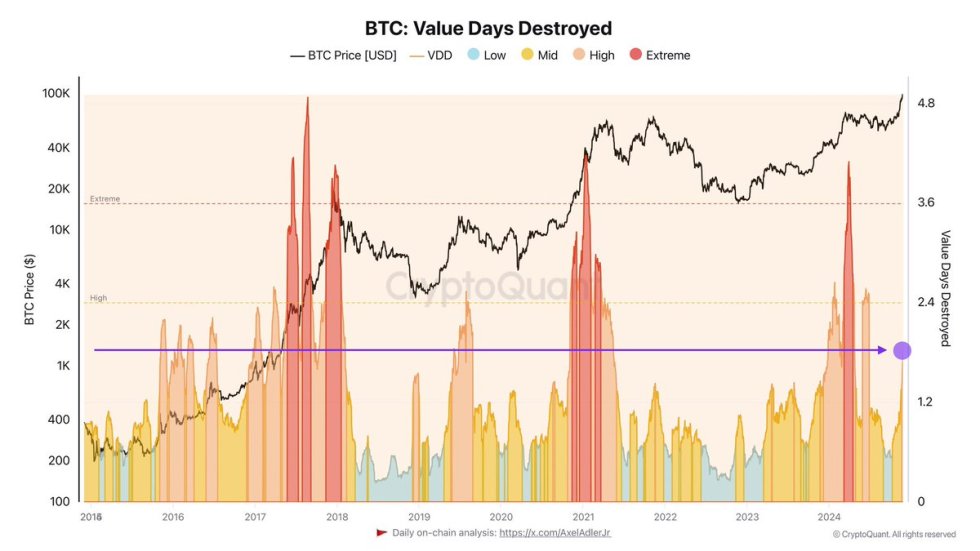



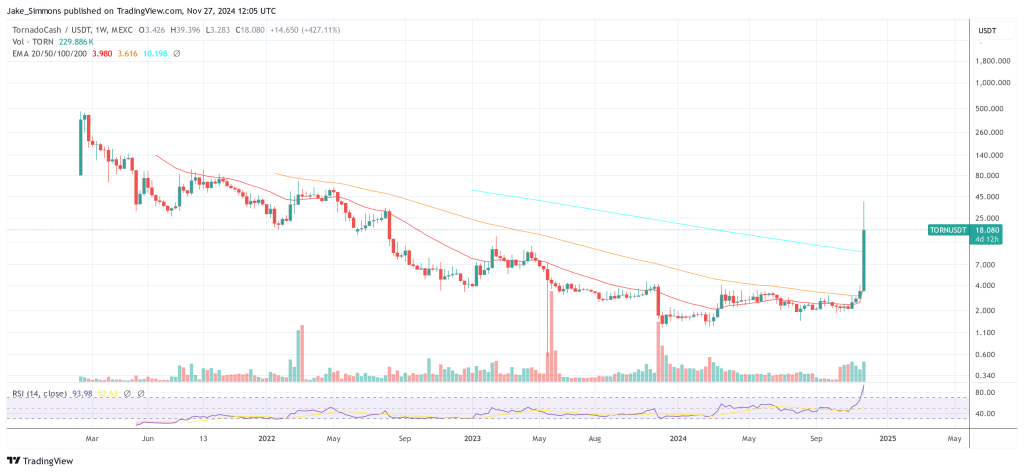
Comments